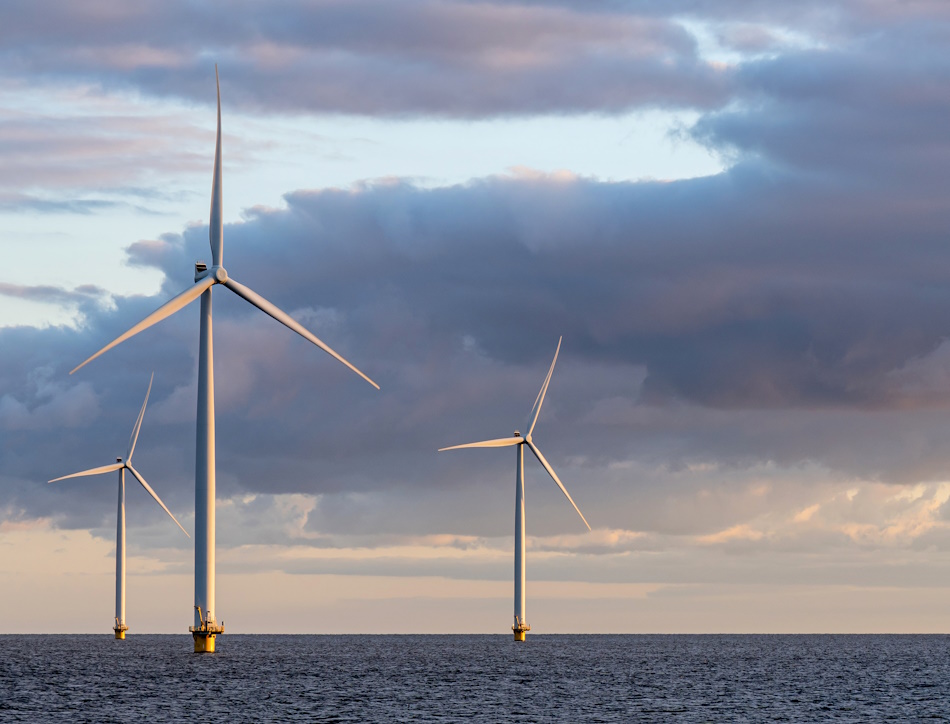
Low carbon energy programme
This major policy programme on low carbon energy aims to consider how transformational science and…
This policy briefing explores the potential to replace fossil feedstocks used in making chemicals with alternative carbon sources.
Chemicals are essential components required to produce pharmaceuticals, fertilisers, plastics, paints, adhesives, coatings, electronics, cleaning products, and toiletries.
Chemicals are made using an initial raw material – known as a feedstock. The vast majority of chemicals are made using fossil feedstocks – oil, natural gas and coal. These feedstocks are then transformed into intermediate chemicals and ultimately downstream consumer products.
Due to the size of the industry and its use of fossil fuels and feedstocks, the chemical sector is responsible for approximately 6% of global greenhouse gas emissions.
The chemical industry cannot fully ‘decarbonise’ - as most chemicals inherently contain carbon atoms that are essential to the material’s structure. Decarbonisation measures such electrification and improved energy efficiency would help to reduce the chemical industry’s emissions.
Alongside decarbonisation measures, the chemical industry will also have to ‘defossilise’ – by replacing fossil feedstocks with alternative carbon sources to make chemicals.
In the context of the chemical industry, decarbonisation refers to reducing emissions through measures such as electrification and improved efficiency of energy-intensive emissions. The chemical sector cannot fully decarbonise, as it requires carbon as an essential element to produce chemicals. Defossilisation refers to replacing fossil-derived feedstocks with alternative, non-fossil sources of carbon.
The chemical industry could defossilise by using biomass, plastic waste and carbon dioxide as alternative carbon sources to make chemicals.
This policy briefing explores the opportunities and challenges associated with each of these alternative carbon sources.
Read a blog post from lead author of the report and chair of the working group Professor Graham Hutchings FRS on Why we need to 'defossilise' our chemicals.
Watch talks from a past Scientific Discussion meeting on this topic in December 2023.
This major policy programme on low carbon energy aims to consider how transformational science and…
This policy briefing explores the need for energy storage to underpin renewable energy generation…
This policy briefing examines the science of using captured carbon dioxide as a feedstock for a…
This Royal Society report considers the production and use of sustainable carbon based synthetic…

